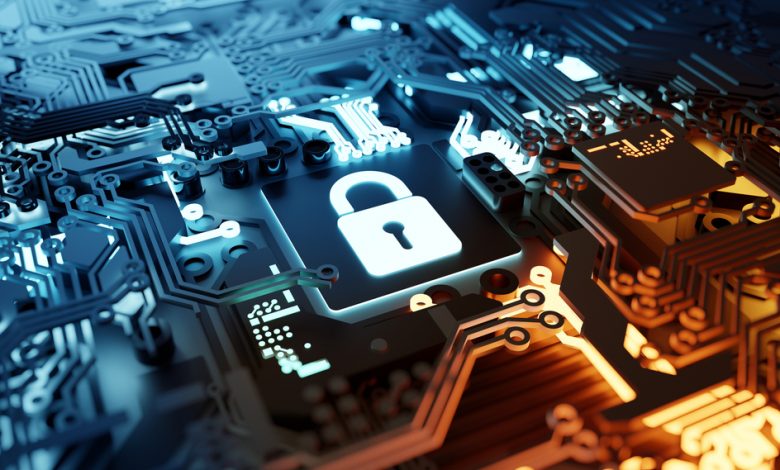
Table of Contents
What is Ransomware?
Ransomware is a type of malicious software that renders your device unusable or inaccessible and demands a ransom to regain control.
A ransom is typically demanded in exchange for unlocking or decrypting files, encrypting devices, and/or providing sensitive information. The offender may also lock you out of your system's hard drive until the ransom is paid.
How Does Ransomware Spread?
Ransomware can be spread in several ways, some of which are:
-Malicious links from infected websites and email attachments can install ransomware when opened.
-Spam email and other spam messages containing ransomware attachments or links to malicious sites can be sent out by spammers looking to infect your computer. You may also receive an e-mail saying there is a problem with the recipient's account. The message would ask for personal information that hackers could use to take over their identity or access their devices (e.g., bank account).
-Paying for goods or services online from an unknown company, like buying products on illegal online marketplaces hosted overseas, could include installing malware designed to blackmail consumers into paying a ransom to unlock their devices.
How Does Blackmatter Ransomware Work?
Blackmatter Ransomware is a type of malware that infects the victim's device and extorts the user for a ransom. Typically, Blackmatter Ransomware renders you unable to access your system's hard drive until the ransomware is paid. The ransom is typically demanded in exchange for unlocking or decrypting files or encrypting devices. One common type of ransomware demands payment through digital currency, like Bitcoin, to an anonymous account controlled by the perpetrator that cannot be reversed once sent. In another type of ransomware, victims are required to pay a certain amount of money within a short time frame, or the malware will lock down their devices and demand payment.
How to Protect My Computer From Ransomware
1) Back up all important documents if possible or use a cloud backup service so that ransomware cannot lock out your files or delete them from your hard drive. If you do not have access to your data, contact the hosting service's customer service for help.
2) Implement a security system on your system that will prevent ransomware from entering your device in the first place. It is difficult to defeat a computer virus once it has entered through an open port or door.
3) Keep software and applications updated and install security software to detect and block unauthorized malware from entering the system.





Leave a Reply
Thank you for your response.
Please verify that you are not a robot.